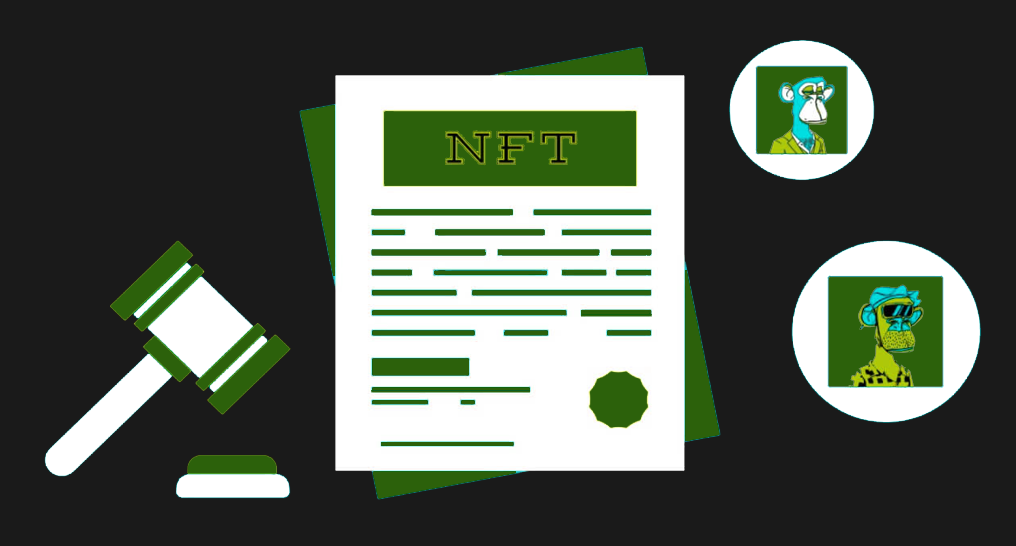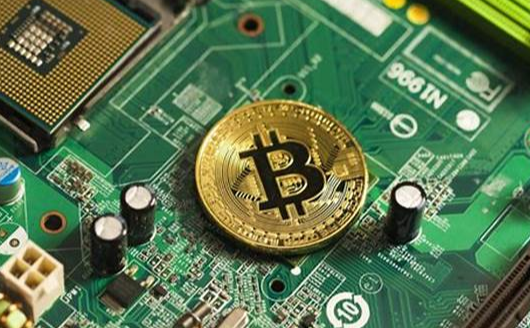Decentralized Identity & Its Role in Web Security. Developing decentralized identity use-cases usually assume that all parties have access to the internet. However, there are scenarios where there is no internet connection. Hence, it is difficult to verify verifiable credentials in offline environments. In these scenarios, decentralized identity can be helpful.
Verifiable credentials
Verifiable Credentials is a decentralized identity protocol that enables government-issued digital certificates to be verified by a third party. The protocol leverages blockchain technology to establish trust between parties and ensure data integrity. As a result, it provides an alternative to password-based online identity systems.
Verifiable credentials enable companies to shave time off their digital customer onboarding processes by allowing for a faster and simpler user experience. They can also improve privacy, data ownership, and monetization. This technology is designed to work alongside decentralized identity, which allows users to control and manage their own personal data and to share it only with trusted entities. The system is also designed to support selective sharing, allowing users to reveal certain attributes and not others.
Verifiable Credentials can be used in a variety of contexts, and they can be used anywhere. They are portable, decentralized, and can be checked by third parties. They can also be used in mobile devices, which is another useful feature. They use blockchain technology, which is an immutable record of data.
Verifiable credentials are an essential part of the Decentralized Identity movement. They can be used for authentication of users in online and offline applications. For instance, a mortgage lender may require proof of active property insurance. In such cases, a mobile app can verify the identity of a borrower.
Decentralized identity is a new type of digital identity that can help individuals control their personal data. A digital wallet can be held on a mobile device or computer. Unfortunately, it is possible for an average person to lose these devices or share them with others without taking the appropriate precautions. This makes data recovery difficult. Verifiable credentials will help individuals protect their personal data while also enhancing the overall user experience.
Verifiable credentials for decentralized identity have many benefits. It can be used to secure online transactions, as well as to establish trust between two parties. For example, a Web Wallet can make it possible for a user to store a digital credential. It can also be used for MFA and other security measures.
Blockchain
Blockchain and decentralized identity technologies allow individuals to manage their own digital identities. This means consumers don’t have to share personal information with companies or third parties. Rather, consumers create a pair of public and private keys and store them in a secure wallet. They can then use the private key to certify their identity to a trusted third party. This certification record is then stored on the blockchain for verification.
Blockchain and decentralized identity are bringing new possibilities to the Web3 ecosystem. Identities will be comprised of various data attributes, including the owner, the identity wallet, and the decentralized identifier. Blockchains will allow for transparent and traceable systems, which can enable verification of identity.
Decentralized identity uses cryptography to secure identity data. It can be stored in a digital identity wallet. When the user needs to perform an action, the service provider will check their DID against the verified data stored in the wallet. Once the service provider verifies that the data is correct, the application will allow the user to perform that action. This type of authentication is possible for various scenarios, including online shopping. The user’s decentralized identity wallet contains verified identity, address, and financial data.
Blockchain enables decentralized identity and decentralized PKI. It creates a trusted medium by distributing asymmetric encryption and verification keys. Everyone can create these keys and use them to verify digital signatures and data. This eliminates the need for certificate authorities and makes digital identities verifiable and secure. This type of system is expected to revolutionize the Internet.
Blockchain is a decentralized database which records information in a secure and transparent manner. This technology has also enabled the creation of decentralized identity wallets. This digital identity wallet is a secure place to store DIDs. It is also used to manage Verifiable Credentials. The decentralized identifier is composed of letters and numbers that are shared across multiple nodes. The information in the wallet can be used to verify the identity of the user.
Decentralized identity technology has the potential to help protect companies from fraud. It helps ensure that qualified candidates have authentic credentials. With decentralized identity, people can control their own identity by only revealing the information that they authorize. Decentralized identity technology can also help protect organizations from compromising user privacy.
Identity hubs
In the decentralized identity ecosystem, the identity hub acts as a repository for personal data. This repository can be anywhere from the cloud to the edge. The data stored in an Identity Hub can be accessed by any application or entity. Identity hubs can also be used to manage permissions for application developers. They store data based on a decentralized identifier, which is anchored in a decentralized system and can represent any entity in the ecosystem.
A decentralized identity can be verified using a standard protocol. The W3C DID specification is widely accepted to ensure interoperability of identity systems across platforms. A DID is a unique Internet address, which can be used to look up connected DID documents. These documents contain relevant information to enable use cases. Moreover, cryptographic proofs can be used by entities to prove ownership of an identifier.
Decentralized identity stems also allow anyone to check the validity of an identity credential without the identity holder having to reveal details. This allows users to share their details without compromising their privacy. Another example is when a mortgage lender needs to verify that a homeowner has property insurance. With decentralized identity, the homeowner can present this information to the mortgage lender and the lender can periodically check the status of the policy.
Decentralized identity is a great choice for organizations seeking to provide a good user experience. It is secure, prevents unauthorized access, and relieves enterprises of the burden of storing user data. Furthermore, it can provide data minimization through selective sharing of identity attributes. Identity hubs can allow users to share only the attributes they need with a particular organization. For instance, a user can use an identity hub to rent a car, without having to disclose his or her birth date, and can show zero-knowledge proof of age.
Decentralized identity ecosystems also allow for credit card associations. In this way, issuers can avoid having to set up multiple trust federations. Moreover, a verifier can simply ask an issuer to present proof of membership in a particular governance authority.
Zero knowledge proof
Zero knowledge proof is a cryptography concept that allows users to prove that they know something without revealing the information. Imagine that a cave has a single entrance, two paths that connect at the same door, and each path is protected by a passphrase. Alice wants to prove to Bob that she knows the passphrase for the door. Bob is standing outside the cave, so she enters without him knowing. Bob then asks Alice to follow a random path back to the cave entrance.
As the digital age progresses, the privacy of user data will become increasingly important. Zero knowledge proof is a promising technology that has the potential to enforce “honest” behavior and ensure the integrity of transactions without compromising sensitive details. This technology is just starting to emerge, and applications will only increase as more effective techniques are developed.
ZKP is used for proving statements and can work with existing authentication systems. It can also be used as a means of proving that a user possesses a password without having to reveal its plain text. The implementation of zk-SNARKS is the first cryptocurrency to implement it. It can be used to verify someone’s identity without revealing details like age or address.
There are two kinds of zero knowledge proof: interactive zero-knowledge proofs and non-interactive zero-knowledge proofs. Interactive zero-knowledge proofs allow the verifier to question the prover while non-interactive proofs require the verifier to conduct the verification on their own.
Unlike traditional authentication, ZKP is secure and protects private data. Its main advantages are: it allows an individual to control their personal data. Currently, individuals must share their personal information with the government in order to prove their citizenship. Furthermore, personal information is stored on servers that may not be secure. Without ZKP, unauthorized people can access this information.
Zero knowledge proof is a method of digital identification that can be used on the web. It is a process that can be incredibly fast. A SurfacePro 6 with 16GB of RAM can generate a proof in about 23 seconds. While PLONK does take a little longer to generate than benchmarks, it is capable of generating a proof within a matter of seconds. It can also be applied to zero-knowledge rollups, which are aggregations of thousands of off-chain transactions. These rollups then use compute-heavy provers to process thousands of off-chain transactions. They then send records to a sequencer that publishes them to the Ethereum mainnet.



